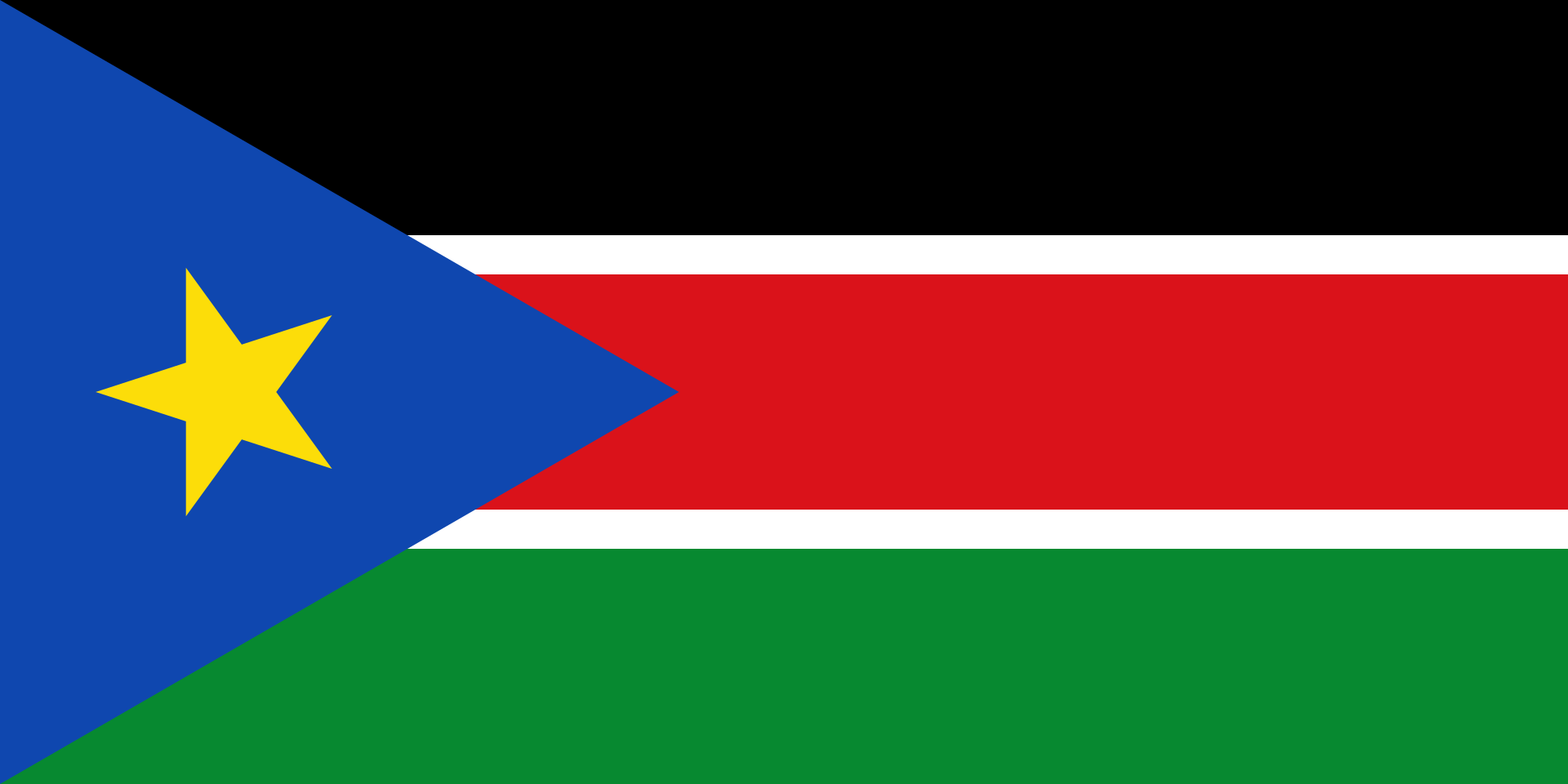South Sudan’s President Salva Kiir Mayardit has appointed Pal Mai Deng as the new Minister of Water Resources and Irrigation.
The presidential decree was read on state-owned television on Monday night. The appointment is in line with the 2018 revitalized peace agreement that came into effect on February 22, 2020.
Mai replaces Manawa Peter Gatkuoth, the former minister of water resources and irrigation, who died in Egypt in June.
Mai is a member of the opposition Sudan People’s Liberation Movement-In Opposition (SPLM-IO) led by First Vice President Riek Machar.
“Congratulations to Hon. Pal Mai Deng on his appointment at this evening as South Sudan's Minister of Water Resources and Irrigation, effective from today, November 7, 2022,” the ministry wrote on its Facebook page.
Mai had served as deputy governor in the defunct Bieh State in the SPLM-IO-controlled territory before the implementation of the peace agreement.
The new national minister hails from the Lou Nuer community in Jonglei State. - Radio Tamazuj






